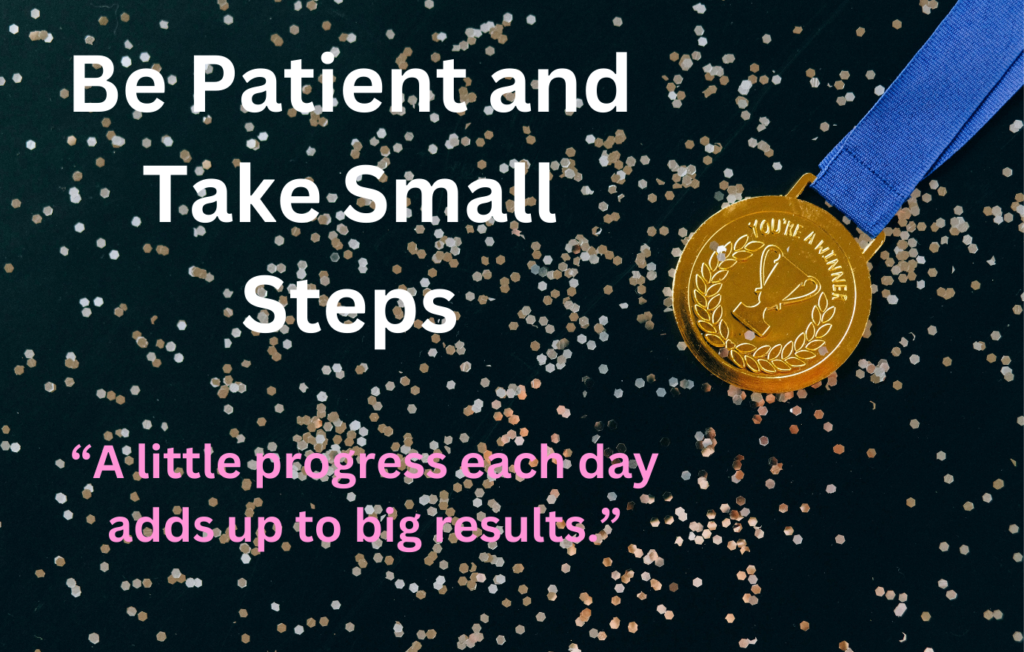About NiEM
INDIA'S BEST EVENT MANAGEMENT INSTITUTE
A three-month event management course can provide you with foundational knowledge and practical skills to start a career in the event industry or enhance your existing skills if you’re already working in the field. Such courses are typically offered by universities, colleges, online platforms, and event management institutes. Here’s a general outline of what you might expect to learn in a three-month event management course:
MONTH 1: EVENT FUNDAMENTALS
Introduction to Event Management: An overview of the event industry, its types, and the role of an event manager.
Event Planning and Design: Understanding the event planning process, including concept development, theme selection, and layout design.
Budgeting and Finance: Creating event budgets, cost estimation, and financial management.
Event Marketing and Promotion: Strategies for promoting events, including digital marketing, social media, and traditional advertising.
Event Logistics: Logistics planning, vendor selection, and contracts.
Legal and Ethical Considerations: Understanding contracts, permits, licenses, and ethical issues in event management.


MONTH 2: EVENT EXECUTION
Venue Selection and Setup: Choosing suitable venues and configuring them for different types of events.
Event Production and Technical Aspects: Managing audio-visual equipment, lighting, and technical requirements.
Catering and Hospitality: Planning menus, managing catering contracts, and guest hospitality.
Event Staff Management: Recruiting, training, and supervising event staff and volunteers.
Risk Management: Identifying and mitigating risks associated with events, including health and safety concerns.
Event Day Coordination: Managing event day operations, timelines, and problem-solving.
MONTH 3: SPECIALIZATION AND PRACTICAL APPLICATION
Event Types and Specialization: Explore specific types of events like weddings, corporate events, conferences, trade shows, and more.
Event Software and Technology: Introduction to event management software and technology tools for efficient planning and execution.
Case Studies and Guest Speakers: Analyze real-world event case studies and learn from guest speakers in the industry.
Event Project: Work on an event project, applying the knowledge and skills gained during the course.
Internship or Practical Experience (Optional): Some courses may offer the opportunity for internships or hands-on experience with event management companies.
Final Assessment: At the end of the course, you may be required to complete a final project or exam to demonstrate your understanding of event management principles and practices.
Remember that the curriculum and depth of content may vary depending on the institution or online platform offering the course. Be sure to research and choose a program that aligns with your career goals and interests. Additionally, practical experience through internships or event projects can significantly
enhance your understanding of event management.
A six-month event management course offers a more comprehensive and in-depth study of event planning and management compared to a shorter course. It allows for a deeper exploration of various aspects of event management and often includes practical experience. Below is a general outline of what you might expect to learn in a six-month event management course:
Month 1: Introduction To Event Management
- Understanding the event industry, its evolution, and current trends.
- Event types and classifications.
- Role and responsibilities of an event manager.
- Event research and feasibility studies.
- Event concept development and design.
- Creating event timelines and project plans.
Month 2: Event Planning And Logistics
- Venue selection and management.
- Budgeting and financial planning for events.
- Event marketing and promotion strategies.
- Event technology and software tools.
- Vendor selection, contracts and negotiations.
- Risk assessment and management in events.

Month 3: Event Design And Production
- Designing event theme and concepts.
- Decor and set design.
- Event branding and visual identity.
- Lighting,sound and audio-visual production.
- Technical aspects of event execution.
- Sustainability and event eco-friendly event practices.
Month 4: Event Marketing And Promotion
- Digital marketing for events.
- Social media strategies.
- Content marketing and storytelling.
- Public relations and media relations.
- Ticketing and registration platform.
- Measuring and analyzing marketing ROI.
Month 5: Event Operations And Management
- Event staff recruitment, tranning and management.
- Volunteer coordination.
- Event logistics and operations.
- Food and beverage management.
- Health and safety considerations.
- Emergency and crisis management.
Month 6: Specialization And Practical Application
- Specialized event types (e.g. wedding, corporate events, sports events, festivals.)
- Event project management.
- Case studies and real-world event analysis.
- Internship or practical experience with and event management company.
- Event project presentation.
- Final assessment and evaluations.
ADDITIONAL CONSIDERATIONS
Some six-month courses may offer elective modules, allowing you to specialize in a particular area of event management, such as wedding planning or conference management.
The course may conclude with a comprehensive project or thesis related to event management, showcasing your ability to plan and execute an event.
Guest speakers from the industry and networking opportunities may be included to provide insights from experienced event professionals.
When choosing a six-month event management course, consider your career goals and the specific areas of event planning you wish to explore. Practical experience gained through internships or hands-on projects can be particularly valuable in preparing you for a career in event management.
A nine-month event management course provides an extensive and in-depth education in event planning and management, allowing you to develop a high level of expertise in the field. Such courses often include a combination of classroom instruction, practical experience, and project work. Here’s a general outline of what you might expect to learn in a nine-month event management course:
Month 1-2: Foundations And Basics
- Introduction to the event industry and its significance.
- Event types and classifications.
- Roles and responsibilities of event managers and professionals.
- Event concept development and design.
- Basics of event marketing and promotion.
- Venue selections and logistics planning.
- Budgeting and financial management for events.
Month 3-4: Event Planning And Execution
- Detailed event planning , including timelines and project plans.
- Vendor selection, contracts and negotiations.
- Event technology and software tools for planning and executions.
- Event marketing strategies and digital marketing for events.
- Event branding and visual identity.
- Health and safety considerations for events.
- Risk assessment and management.
Month 5-6: Event Design And Production
- Event decor and set design.
- Lighting, sound, and audio-visual production.
- Technical aspects of event execution.
- Sustainability in event management.
- Creative event design and theme development.
- Event asthetics and asthetics management.
Month 7-8: Advanced Event Management
- Advanced marketing and public relations strategies.
- Ticketing and registration platforms.
- Event staff recruitment, tranning , and management.
- Volunteer coordination and engagement.
- Event logistics and operations.
- Food and beverage management for events.
- Event crisis management contingency planning.
Month 9: Specialization And Practical Experience
- Specialized event management tracks (e.g. wedding planning, corporate event,festivals).
- Event project management and execution.
- Case studies and real-world event analysis.
- Internship or practical experience with an event management company.
- Comprehensive event project and thesis.
- Final assessment , evaluation and project presentations.

ADDITIONAL CONSIDERATIONS
In a nine-month course, you may have the opportunity to choose elective modules to further specialize in areas of interest, such as sports event management or destination weddings.
Guest lectures from industry professionals and networking events may be part of the curriculum.
Practical experience, such as planning and executing real events, is typically integrated into the course to provide hands-on learning.
When selecting a nine-month event management course, carefully consider your career goals and the specialization areas that interest you the most. Practical experience and project work will be crucial in building your skills and preparing you for a successful career in event management.
A one-month event management course is typically a condensed program designed to provide you with a basic understanding of event planning and management concepts within a short time frame. While it won’t cover all the intricacies of a longer course, it can offer valuable insights and practical skills. Here’s an outline of what you might expect to learn in a one-month event management course
Week 1: Introduction To Event Management
- Overview of event industry, its significance and types of event.
- Roles and responsibilities event managers and professional.
- Event concept development and theme selection.
- Initial event planning and budgeting.
Week 2: Event Planning And Logistics
- Venue selection and and management.
- Budgeting and financial for events.Vendor selection, contracts and negotiations.
- Event marketing fundamentals and promotion strategies.
- Event timeline creation and project planning.
Week 3: Event Executions And Operations
- Event logistics and operations.
- Event staff recruitment, traninig and management.
- Health and safety considerations for events.
- Event technology and software tools for planning and execution.
- Crisis management and risk assessment.
Week 4: Event Design And Marketing
- Event design basics , including decor, ligthing and asthetics.
- Event branding and visual identity.
- Introduction to digital marketings for events.
- Public relations and media relations for event promotion.
- Final project or presentation on small-scale event plan.
